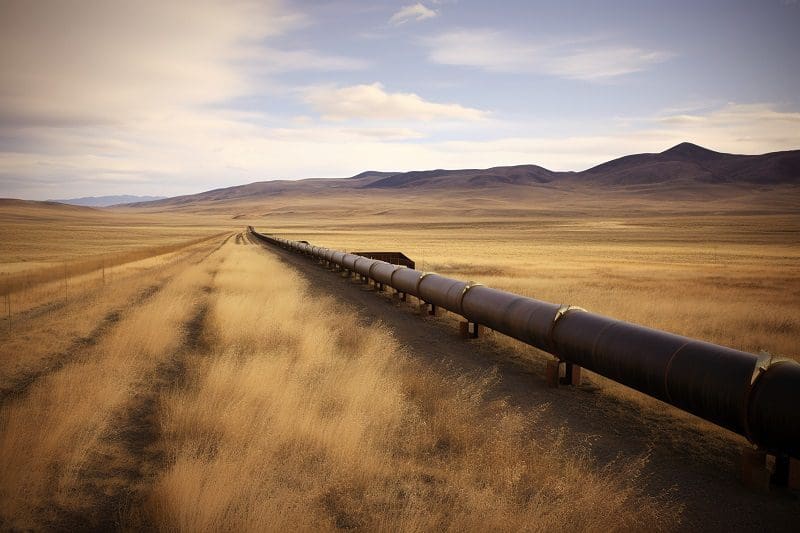AUSTIN, Texas – The Texas midstream industry is a powerhouse that contributes to the state’s economic output, jobs and government revenues, according to a new study conducted by the Center for Energy Commerce at Texas Tech University and commissioned by the Texas Pipeline Association (TPA).
The 2022 Analysis of the Current and Future Economic Impact of the Texas Oil and Gas Pipeline Industry study shows that through ongoing operations and construction in 2022 alone, the Texas oil and gas pipeline industry provided:
• More than $60.5 billion in economic output;
• More than $34 billion in additional gross state product;
• Nearly $3.6 billion in state and local government revenues;
• More than 234,000 jobs; and
• An estimated $12,250 in property tax revenues generated per mile of a pipeline for a typical Texas county.
The strength of the midstream industry is expected to continue. According to the study, over the next 40 years the pipeline industry is conservatively expected to generate cumulative economic impacts of:
• $1.86 trillion in economic output;
• $1.05 trillion in additional gross state product;
• $110.34 billion in state and local government revenues;
• Nearly 525,000 jobs; and
• $377,000 in cumulative property tax revenues generated per mile of a pipeline for a typical Texas county.
*in today’s dollars
“The 2022 Analysis of the Current and Future Economic Impact of the Texas Oil and Gas Pipeline Industry study shows that the Texas midstream industry is an economic powerhouse, delivering billions of dollars to state and local coffers and providing hundreds of thousands of well-paying jobs,” said Thure Cannon, president of TPA. “Without the network of natural gas gathering and transmission lines and storage facilities, Texas would not only be deprived of the vital fuels and hydrocarbons it needs to grow and thrive, but also the revenues, taxes and jobs that bolster the state’s economy.”
Pipelines transport a variety of energy products, including natural gas, crude oil and refined petroleum materials that are used for heating homes, generating electricity, fueling vehicles and manufacturing a wide range of consumer goods. Without pipelines, it would be difficult to transport these products efficiently, cost-effectively and safely, which would ultimately result in higher energy costs and decreased availability of the hydrocarbon products that Texans and all Americans rely on every single day.
“The Texas midstream industry will be a crucial player on the global playing field far into the future, while delivering trillions of dollars in economic benefit and more than half a million jobs to the state,” said study author Bradley Ewing, PhD, who holds the McLaughlin Endowed Chair of Free Enterprise and is Professor of Energy Commerce in the Rawls College of Business at Texas Tech University. “It is clear that pipelines are of great benefit to the residents and businesses of this growing state.”
Visit the 2022 Analysis of the Current and Future Economic Impact of the Texas Oil and Gas Pipeline Industry study online for more information.
ABOUT TPA
Texas Pipeline Association (TPA), the largest state trade association in the country representing solely the interests of the intrastate pipeline network, is the primary resource for information regarding the Texas pipeline industry. TPA provides advocacy on issues related to pipeline safety, environmental regulations, taxation and legislation. Member companies and their representatives commit to conducting their business in accordance with integrity, honest communication, fair right-of-way acquisition, respectful construction and safe operations. Visit TPA at texaspipelines.com.





